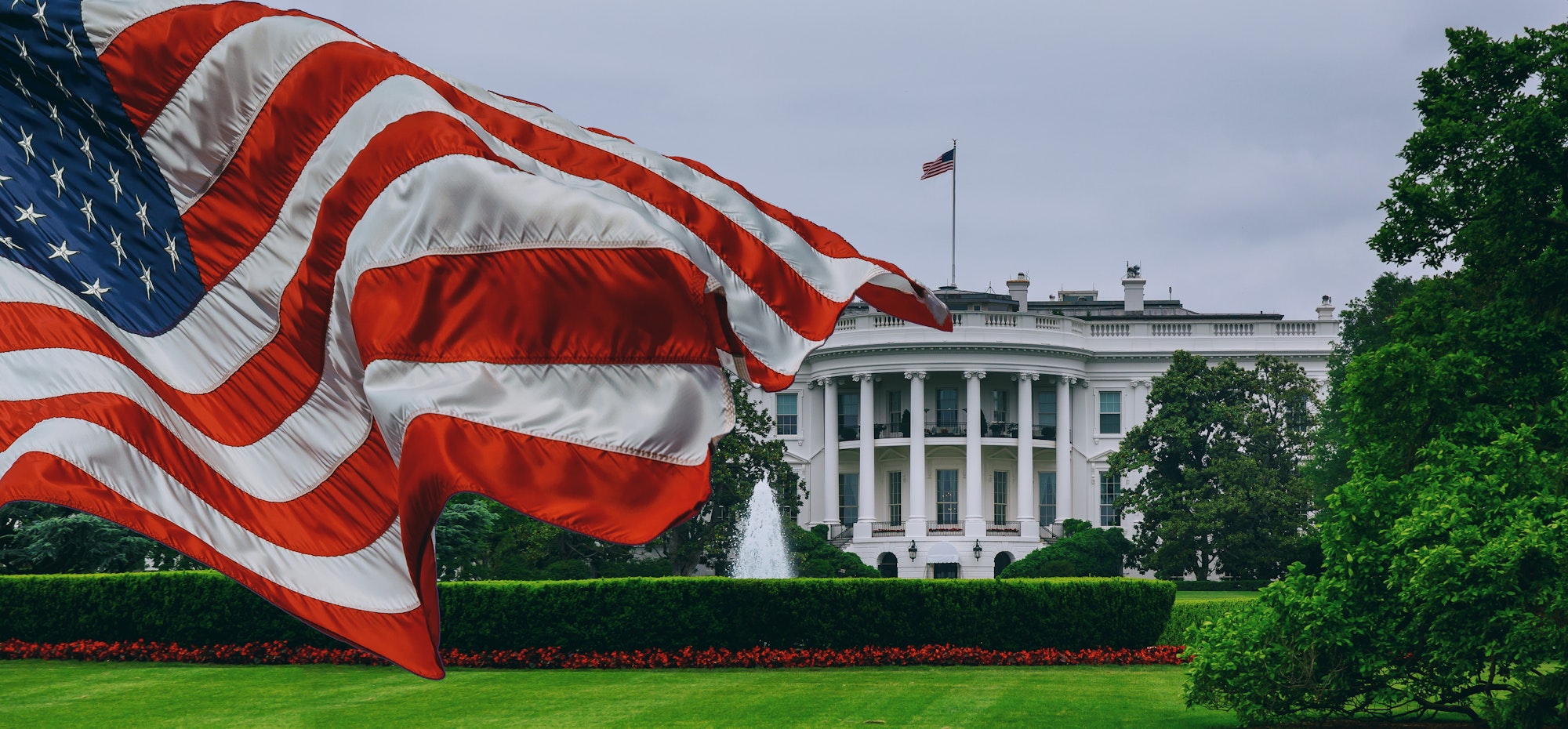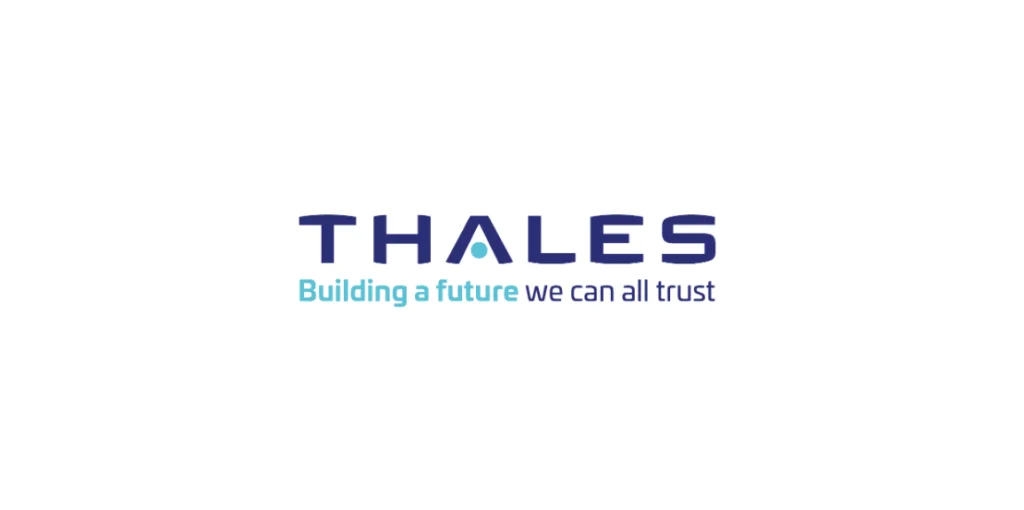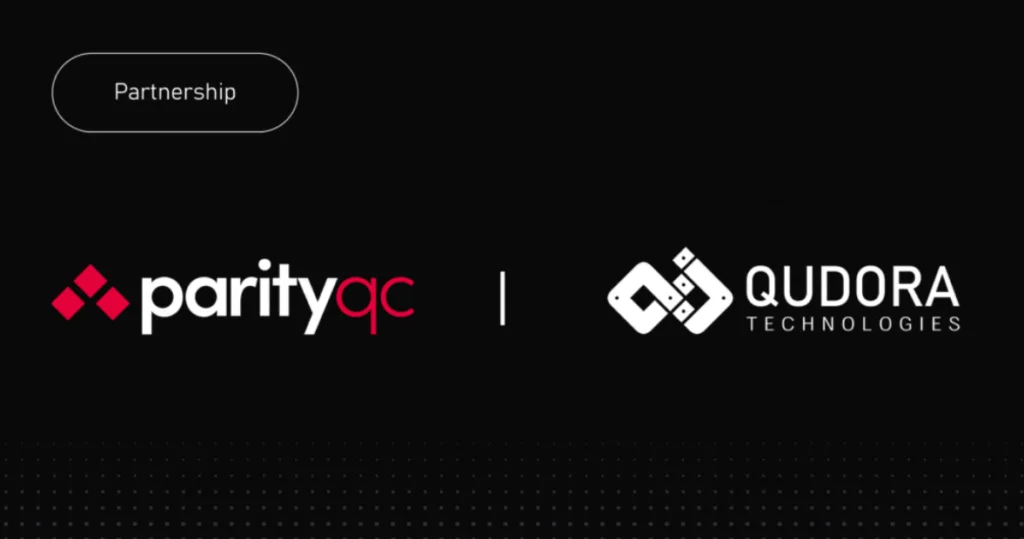Insider Brief
- An associate fellow from Center for a New American Security warns that the U.S. is losing its lead in quantum technology, a critical edge amid rising global competition.
- China’s rapid advancements, particularly in quantum communications, underscore its ambition to dominate the field, posing a strategic threat to U.S. interests.
- The incoming administration has a crucial opportunity to reverse this trend by prioritizing quantum investments within the first 100 days.
The U.S. may be losing ground in the global quantum technology race, warns Sam Howell, an associate fellow at the Center for a New American Security (CNAS), adding, as quantum technology is progressing rapidly, it may be precisely the worst time to lose that advantage.
In an article in Just Security, Howell argues that the incoming administration has a critical opportunity to reverse this trend in its first 100 days.
Quantum technology, a field combining principles of quantum mechanics and information theory, promises unprecedented advancements across sectors—from computing and cryptography to materials science and drug development. Howell contends that the stakes are high in this technology race: countries that achieve quantum leadership will possess superior capabilities that extend far beyond computing.

Howell writes: “Technology competition is a defining feature of today’s geopolitical landscape and the strategic competition between the United States and China. Quantum—a technology with extraordinary economic and military potential—is set to play an outsized role in determining which country prevails.”
According to Howell, China has aggressively advanced in quantum science, especially in quantum communications, creating what Howell describes as a threat to the U.S. China’s recent establishment of a 3,800-kilometer quantum network with Russia, extending from Urumqi to Moscow, underlines its intentions. The network’s planned expansion to BRICS countries (Brazil, Russia, India, China and South Africa) could soon secure vital communication channels and data sharing across these nations. Howell emphasizes that this expansion reflects China’s broader ambition to erode U.S. technological influence and ultimately become the leading quantum superpower.
Howell argues that without action, the United States risks repeating mistakes seen in the 5G technology race, where China emerged as the dominant force. Chinese companies now provide 80% of global 5G devices, maintain 70% of 5G base stations, and hold a third of 5G-related patents, positioning China to influence how 5G technologies evolve and challenging the U.S.’s capacity to compete globally.
The U.S. can avoid a similar loss in quantum, Howell suggests, by leveraging its leadership in quantum computing and quantum sensing — two of the three main areas of quantum technology. The U.S. currently benefits from a robust national strategy, high-quality research facilities, substantial private investment, and a strong publication record. However, China is closing the gap, particularly in public funding and research output.
To maintain its edge, Howell offers specific recommendations for the Trump administration. First, the administration should allocate implementation funding to The Bloch Tech Hub, part of the U.S. Economic Development Administration’s (EDA) Tech Hubs Program. This program, which promotes regional quantum initiatives, supports efforts to commercialize and deploy quantum technologies within the United States. Led by the Chicago Quantum Exchange, The Bloch spans Illinois, Indiana, and Wisconsin and aims to drive advances in quantum computing and communications. Although the hub received preliminary funding in July 2024, it missed out on a recent $504 million funding round. Howell contends that fully funding The Bloch is essential to advancing American quantum research and shoring up the U.S. supply chain.
Another priority is passing the National Quantum Initiative Reauthorization Act. Initially passed in 2018, this act launched a coordinated national effort to develop quantum technologies. Reauthorization would not only extend its support but also allocate resources for workforce development, supply chain security, and commercialization. Howell believes that reauthorization is essential to ensuring continued federal backing and strengthening the U.S. quantum sector’s foundation. The act passed the House Science, Space, and Technology Committee unanimously in November 2023, but its progress in the Senate remains uncertain, Howell writes.
Finally, Howell urges the establishment of a multilateral body focused on quantum technology. While the U.S. has entered bilateral agreements with nations like Japan and the U.K., Howell argues that an international framework—modeled on alliances like the EU-US Trade and Technology Council—would enhance collaboration on R&D, supply chain security, and regulation.
Because quantum is complex and supply chain extremely delicate, such a group, Howell suggests, could unify efforts among U.S. allies, helping to pool resources, share knowledge and advance quantum technology together.
Howell writes: “Such cooperation is important because no single country holds all of the keys to the quantum puzzle—quantum technology is deeply international with globally diffused talent, infrastructure, and industrial capabilities. Like-minded countries must maximize their comparative advantages to outpace competitors in the race to produce the most advanced quantum technologies.”














